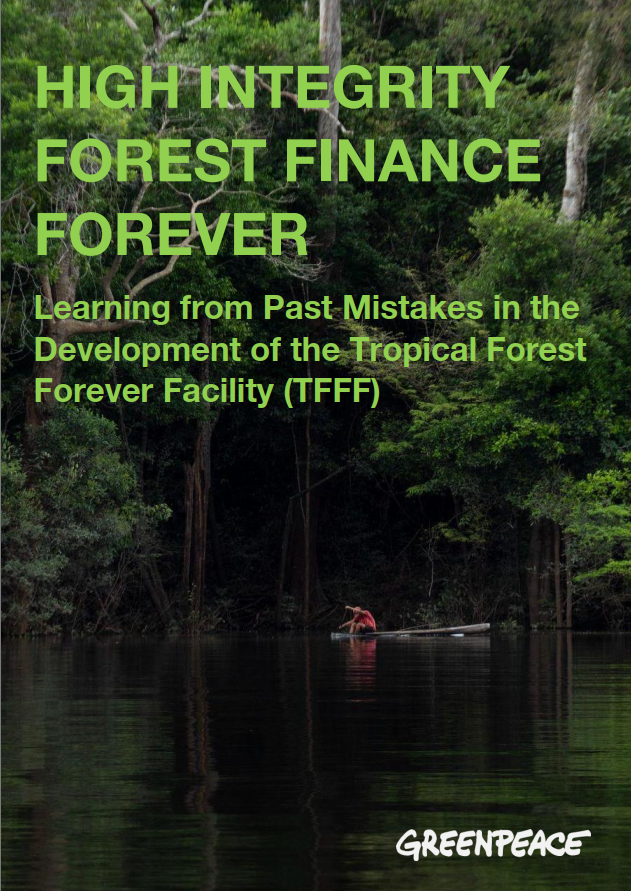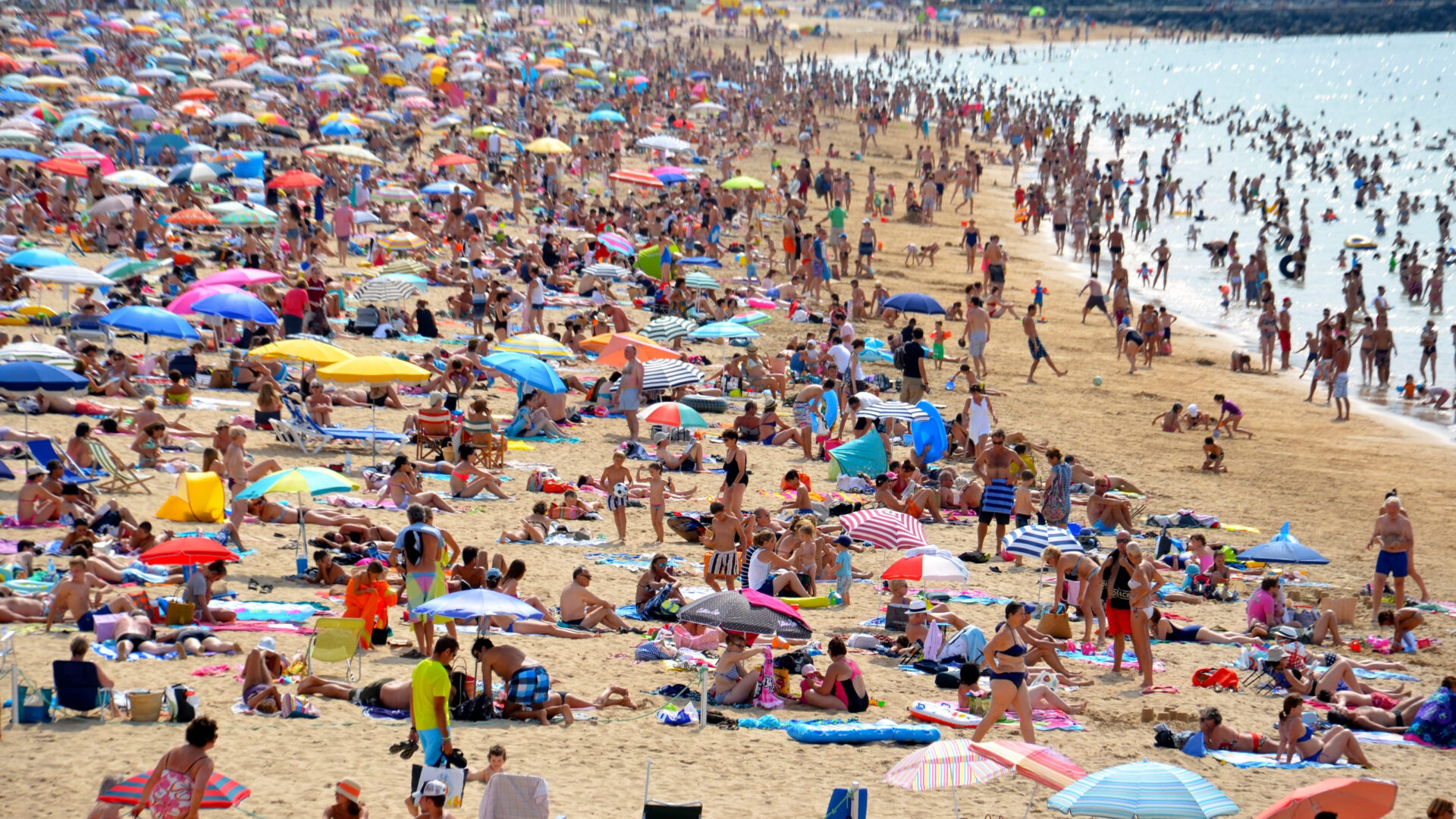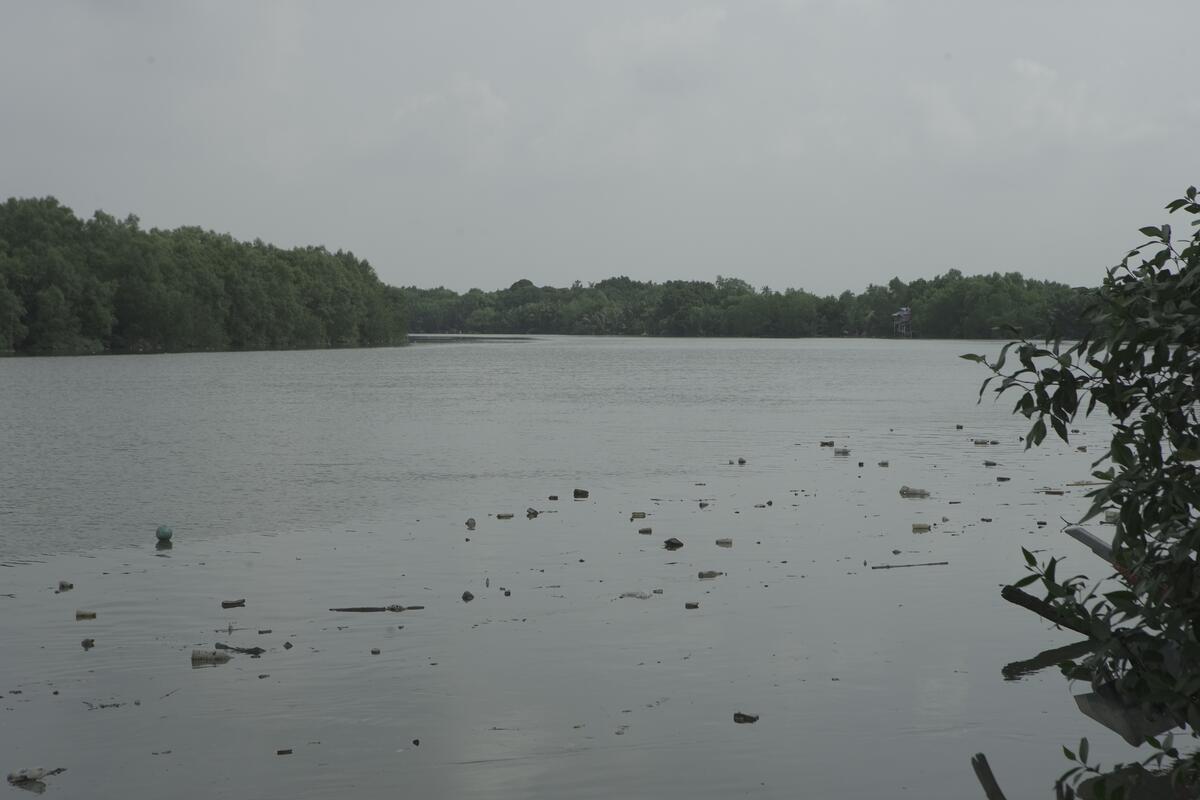From threats to cancel UK defence deals to pledges to stop imports of Norwegian salmon, European moves to restrict palm oil have enraged Malaysia and Indonesia

Rapid growth
Palm oil is a cheap and versatile vegetable oil, derived from the oil palm tree that grows easily in the tropics. It has seeped into everything over the last two decades, from chocolate bars to jet fuel.
In the 20 years from 1995 to 2015, global palm oil production increased from 15.2 million tons to 62.6 million tons. It’s been estimated that 50% of all packaged goods sold in western supermarkets contain palm oil.
Some conservationists say palm oil is a good alternative to other environmentally unfriendly crops, because it uses less land than other vegetable oils.
However, its environmental impact on Indonesia and Malaysia, which together produce about 85% of the world’s palm oil, has been marked; contributing to a big increase in deforestation in both countries. Today, Indonesia is the world’s fifth biggest emitter of greenhouse gases, mainly due to land use change. According to Global Forest Watch, from 2001 to 2017 the country lost 24.4 million hectares (Mha) of tree cover, equivalent to 2.44 gigatons of CO₂ emissions. Malaysia lost 7.29Mha of tree cover in the same period.
Read the full article here.
Unearthed is Greenpeace UK’s award-winning journalism project that was founded in 2012 as a small team of journalists dedicated to open and accurate reporting on energy and climate change.



